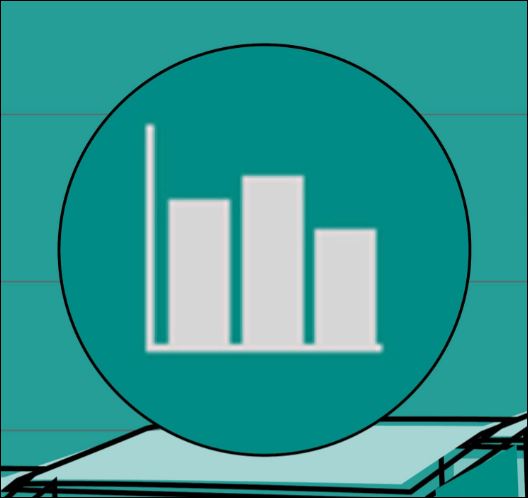
Using Routine Data in Evaluations
Routine health information system (RHIS) data—data collected at regular intervals at public, private, and community-level health facilities and institutions—have often been passed over by evaluators in favor of other data sources, such as stand-alone surveys tailored to meet specific evaluation objectives. However, in light of the costs and time required to gather primary data, now more than ever there are many reasons to consider routine and existing data.
Routine data are available and usually less costly to collect. Still, they come with their own set of challenges to consider and address. For example, routine data systems were not set up with research in mind, so not all indicators, time periods, and facility data will be available. This guidance document and 13 accompanying briefs describing use of routine data in evaluations provide information from experience to help future evaluators and researchers who are considering using routine and existing data in their projects.
Related Resources
Considerations for the Use of Routine Data for Evaluation of Public Health Programs
Webinar on Routine Data Use in Evaluation: Practical Guidance
